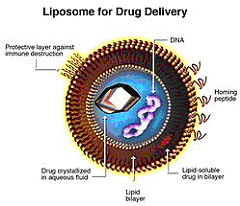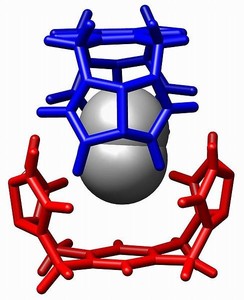In February 2016, the US Food and Drug Administration (FDA) issued a new draft guidance document for non-biological complex drugs (NBCDs). The new draft guidance on cyclosporine drug products replaces draft guidance published in March 2015.
Cyclosporine is an immunosuppressant drug widely used in organ transplantation to prevent rejection. It has also been approved for increasing tear production in patients whose tear production is presumed to be suppressed due to ocular inflammation associated with keratoconjunctivitis sicca (KCS, dry eye). It works by reducing the activity of the immune system by interfering with the activity and growth of T cells, inhibiting leukocyte migration and pro-inflammatory cytokines.
FDA does not formerly recognize NBCDs, with originators required to follow the new drug application (NDA) route and follow-on NBCDs using the generics – abbreviated new drug application (ANDA) – route. The agency has, however, issued draft guidance documents for certain NBCD families, e.g. liposomes, different iron carbohydrates (iron sucrose, iron gluconate, ferumoxytol), and cyclosporine ophthalmic emulsions [1].
The new draft guidance now notably includes information for follow-on products.
Draft Guidance on Cyclosporine
Date: February 2016
http://www.fda.gov/downloads/Drugs/GuidanceComplianceRegulatoryInformation/Guidances/UCM358114.pdf?source=govdelivery&utm_medium=email&utm_source=govdelivery
The guidance discusses recommended studies, in vitro or in vivo, when trying to establish bioequivalence of a cyclosporine ophthalmic emulsion, 0.05%. The guidance advocates extensive in vitro characterization to acknowledge that this is not a simple generic drug product, but has inherent complexity that will require non-standard approaches to prove bioequivalence.
The guidance also states that ‘an in vivo bioequivalence study with clinical endpoint is requested for any generic [follow-on] cyclosporine ophthalmic emulsion, 0.05% that has a different inactive ingredient from the [reference drug], a difference of more than 5% in the amount of any inactive ingredient compared to that of the [reference drug], or unacceptable data from in vitro comparative studies.’
Related articles
Is a new pathway for NBCDs on the way in the US?
US guidelines for follow-on NBCDs
Reference
1. GaBI Online - Generics and Biosimilars Initiative. Regulations for follow-on NBCDs [www.gabionline.net]. Mol, Belgium: Pro Pharma Communications International; [cited 2016 Apr 29]. Available from: www.gabionline.net/Non-Biological-Complex-Drugs/Reports/Regulations-for-follow-on-NBCDs
Permission granted to reproduce for personal and non-commercial use only. All other reproduction, copy or reprinting of all or part of any ‘Content’ found on this website is strictly prohibited without the prior consent of the publisher. Contact the publisher to obtain permission before redistributing.
Copyright – Unless otherwise stated all contents of this website are © 2016 Pro PharmaCommunications International. All Rights Reserved.








 0
0









Post your comment